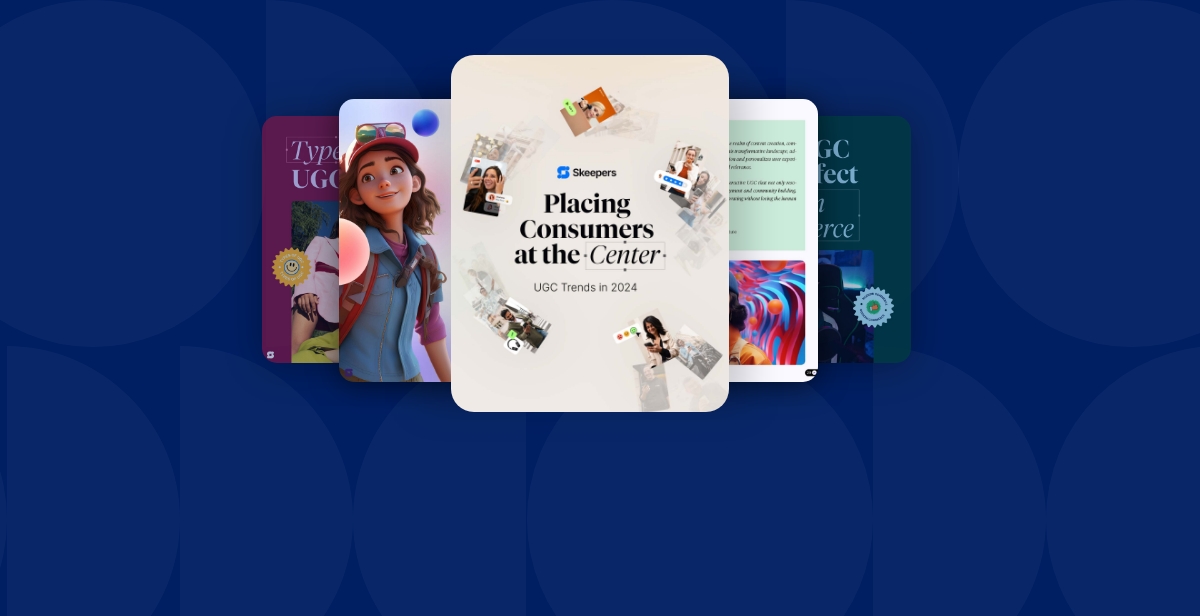Satisfaction surveys work. Here are a few of the advantages. They provide better insights into customers which help improve business decisions. They help generate new products and services which meet customers’ needs and solve their problems. They track customers over time which makes it easier to build customer feedback profiles. Given all the benefits, you...
Satisfaction surveys work. Here are a few of the advantages.
- They provide better insights into customers which help improve business decisions.
- They help generate new products and services which meet customers’ needs and solve their problems.
- They track customers over time which makes it easier to build customer feedback profiles.
Given all the benefits, you would think that every survey delivers a goldmine of consumer data.
But, unfortunately, some companies fail to see the full benefit because their response rates are less than stellar.
Poor presentation is one reason surveys fail to produce useful data. Survey presentation can make or break how much time a consumer is willing to invest in a survey or how well they understand the survey in the first place.
And while many decisions must be carefully considered when designing an effective survey, effective wording is at the top of the list.
A well-worded survey makes respondents feel like they are helping themselves rather than completing a task which is a thankless infringement on their time and a waste of their energy.
Important writing tips to consider when wording your survey
1. Clarity
The best surveys are clearly worded, clarifying what you want to find out, be it your customers likes, dislikes, or needs.
Every question should be designed to help you meet a specific objective.
Word choice matters. Rating categories like “Excellent” or “Awesome” are, essentially, useless as “excellence” and “awesomeness” are pretty indefinable concepts.
Instead, use language that cuts to the heart of each customer’s experience. For example, try using emotive language like “Loved it!” as your top rating category.
2. Directness
Leading language will only frustrate respondents who will likely feel manipulated, forced to adopt a position with which they may not necessary agree.
Questions which begin with “Wouldn’t you like…” or “Don’t you agree…” are clearly biased. “How easy was it to find what you were looking for?” forces respondents to answer according to a company’s preconceived notion.
Maintain objectivity in your questions if you hope for objective responses from a customer.
Another surefire way to frustrate a respondent is through the use of double negatives: “We were never not there for you when you needed us.” Customers will likely misinterpret questions like this which won’t provide the useful feedback you seek.
Yield precise answers by using precise language.
3. Simplicity
Increase response rates by avoiding language confusion. Although you are familiar with RSS, XML, and ISP, not all respondents will grasp this specialized language.
On the surface, abbreviations would seem to increase response time but, in fact, they may end up slowing down the process.
Remember: respondents come from all business and language backgrounds. Don’t burden them with the hassle of Googling specialized or esoteric terms.
Likewise, avoid compound sentences and multiple clauses. Complicated grammar and sentence structure will only increase confusion and lag time in completion of a survey.
The best surveys respect the respondent’s time.
Keep questions quick and concise, and avoid insider or overly academic language. You will see a correlation between the simplicity of your survey and response rates.
4. Tone
Satisfaction surveys create an opportunity to listen to customers and respond with solutions. The best approach is to sound human, finding the right balance between formal and casual.
Treat the customer as a friend and a business partner. Customers want to know that a business cares about them, that there is a person in the company who will listen to them.
Accessible and humanizing language will ensure a higher completion rate.
Of course, you should avoid spelling errors and grammatical mistakes as they will only make your business appear unprofessional.
But, at the same time, you might consider relaxing some grammatical standards for the sake of relatability.
After all, in 2007, Boost Mobile got everyone asking “Where you at?” and we’ve all been ending sentences with propositions ever since despite what our English teachers told us.
Language choice is key to a successfully delivered survey.
Maintain your focus and remember that, no matter how you word your survey, every sentence must reinforce the same basic question: “How can we better serve you?”








